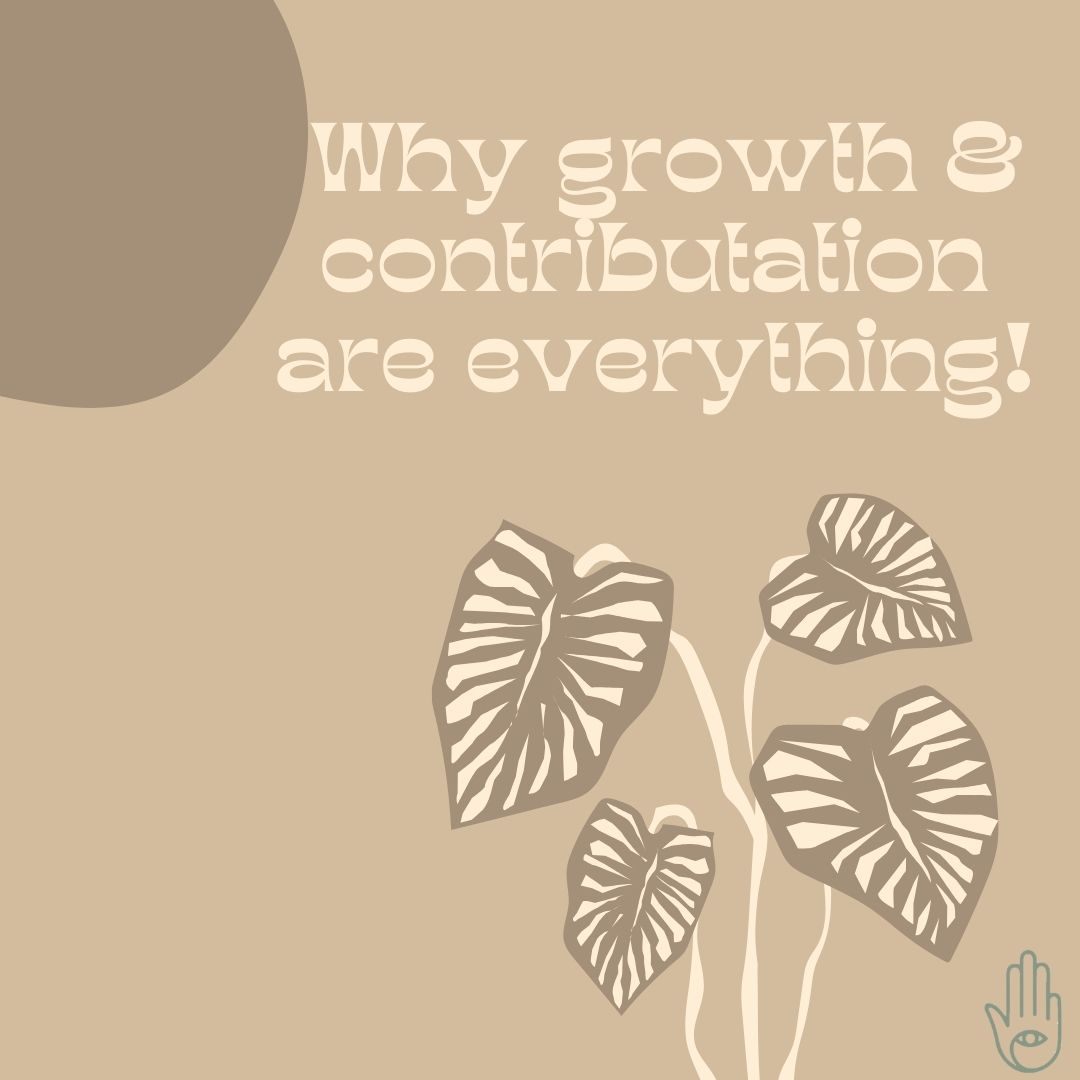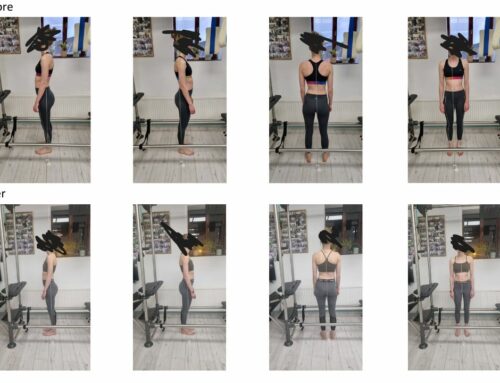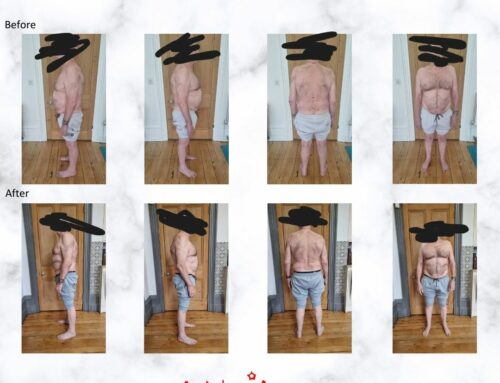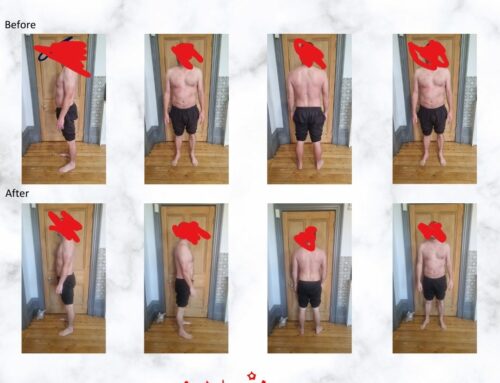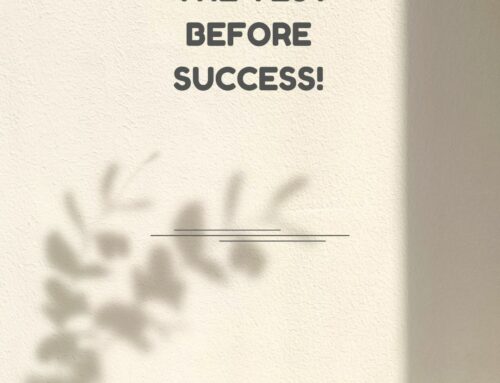Why do we behave, act and think the way we do?
Why is it that we measure success and value by materialism, wealth and status, yet frown upon complacency, health and connection?
What is it from the past that drives and shapes all our emotions, actions, quality of life and, ultimately, our destinies?
The best contribution one can make to humanity is to improve oneself.” – Frank Herbert
All dysfunctional behaviours arise from the inability to consistently meet these core needs. The hardest thing to do is to stop repeating the same behaviour from yesterday. People’s needs aren’t just behind the bad decisions we make – they are also behind all the great thing’s humans accomplish. Understanding your own needs and psychology can not only help you avoid toxic behaviours and habits but can also help you achieve your goals. Everyone wants to change in life, but no one wants to be changed.
We are only disappointed in life when we expect other people to think, act, behave and respond the way we do.
Many of your behaviours are based on which of your needs are – or are not – being met. Depending on which of the basic human needs are foremost in your personality, you could be spending a lot of time consciously or subconsciously meeting one or two of them. And if you don’t succeed, it could negatively impact your overall sense of well-being.
“As you grow older, you will discover that you have two hands—one for helping yourself, the other for helping others.” — Audrey Hepburn
Today we are focused on growth and contribution. According to Tony Robbins these are two of six essentials. The secret to living is giving, and those who experience growth and contribution are more likely to have a happier perspective and purpose driven life. If you have a need to contribute, you will likely make a big difference in your community. However, you can lose sight of the fact that giving begins at home and neglect those closest to you as you change the world. You must give to yourself before you give to others.
Carl Jung states that the caregiver archetype is characterised by impulsively to care and protect others. This archetype is commonly associated with generosity, empathy and compassion. People who identify with this archetype often feel a strong need to help others and to make the world a safer and more welcoming place. The shadow side is that they often put the needs of others above their own, showing a great capacity for sacrifice.
Gandhi was a definite caregiver. Now you don’t have to be as big as Gandhi for growth and contribution. You can do it right her and right now on your doorstep in many ways. Gandhi’s building blocks in life caused a domino effect leading towards Independence.
Growth can be many different factors and measured in different ways of success by all of us. If you are a contributor, one of your core needs will be that you are an extremely empathetic and compassionate person. You enjoy giving back and sharing what you have. You want to leave a legacy. Yet you may burn out easily or be taken advantage of by others. I see this very much in the movement community.
“The quality of your life will be determined by the quality of your contribution. When you work to improve the lives of others, your life improves automatically.” – Kurek Ashley
Giving back in life is the best way to experience contribution. Don’t just join a volunteer group – start your own. The closer the cause is to your heart, the more fulfilled you will feel. Growth is important for our spiritual needs; it requires us to be uncomfortable.
Most of us will play small rather than play big in life. Growth can come from our most challenging moments. They can often stem from loss, and it can be these moments of grace and gratitude that we understand that we all have something to share and give back. Contribution can be defined as a sense of service and focus by giving and supporting others. It can steer us to our life and soul purpose and give us desire for true strength. If we want to better our lives, we have to be willing to change.
“Out of difficulties grow miracles.” — Jean de La Bruyère
Bibliography
Paul Mort media
Tony Robbins media

